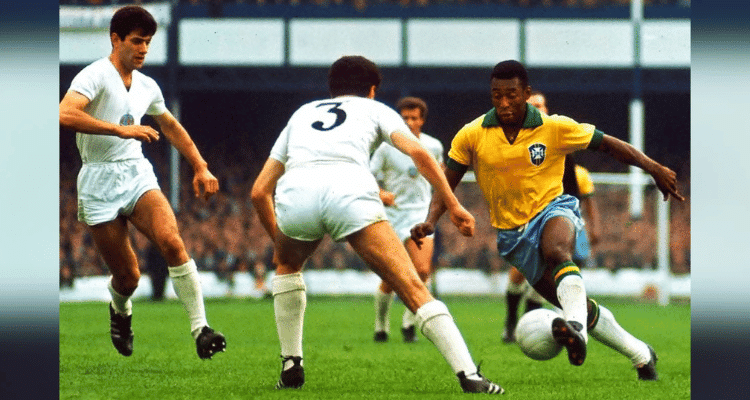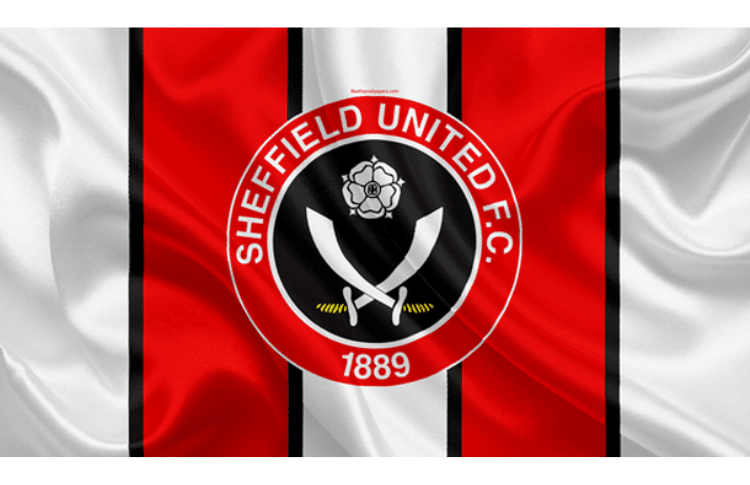How Brazil Became Soccer’s Greatest Dynasty

Brazil is good at soccer. If you know soccer, it probably comes as no surprise.
Brazilian soccer is fast-paced and techie. Some of the greatest players to ever lace up the cleats come out of Brazil. Players like Pele, Ronaldo, and Ronaldinho have changed the game.
TL;DR:
Why Brazil Rules the Soccer World
Brazil’s extraordinary soccer success comes from transforming the sport into an art form woven deeply into the nation’s cultural fabric, resulting in five FIFA World Cup victories and countless legendary players who have revolutionized how the game is played.
The Cultural Revolution
Soccer arrived in Brazil via British sailors in the late 19th century, but Brazilians quickly made it their own.
Unlike many countries where soccer competes with other major sports, Brazil embraced it as their primary athletic pursuit.
This singular focus helped create an environment where continuous innovation and skill development could flourish.
The Development Machine
Brazil’s approach to developing young talent stands in stark contrast to many other nations.
Instead of expensive pay-to-play programs, Brazil built an extensive network of free youth academies and scouting systems that scour every corner of the country for promising players, regardless of their economic background.
The Tactical Edge
Brazilian coaches pioneered the “4-2-2-2” formation and the “samba style” of play, emphasizing quick passes and creative dribbling.
This unique approach has influenced how soccer is played worldwide and helped Brazil maintain its competitive advantage.
International Dominance
With five World Cup victories, nine Copa America titles, and multiple Olympic gold medals, Brazil’s trophy case speaks for itself. Their success spans decades, proving their system’s sustainability and effectiveness.
Best Brazilian Soccer Players of All-Time
When it comes to soccer, Brazil is known for producing some of the best players in the world. In our opinion, here are the best Brazilian soccer players of all time:
Pelé
Pelé is often considered the greatest soccer player of all time. He won three World Cups with Brazil and scored over 1,000 goals in his career. Pelé was known for his incredible dribbling skills and his ability to score from almost anywhere on the field.

Ronaldo
Ronaldo (not Cristiano) is another Brazilian soccer legend. He won two World Cups with Brazil and scored 62 goals in 98 appearances for the national team. Ronaldo was known for his speed and his ability to score with both feet.
Ronaldinho
Ronaldinho was a key player for Brazil during their 2002 World Cup win. He was known for his incredible ball control and his ability to score from free kicks. Ronaldinho won two FIFA World Player of the Year awards and a Ballon d’Or during his career.
Zico
Zico is often considered one of the best players to never win a World Cup. He played for Brazil in the 1978, 1982, and 1986 tournaments. Zico was known for his incredible passing skills and his ability to score from long range.
Garrincha
Garrincha was a key player for Brazil during their 1958 and 1962 World Cup wins. He was known for his incredible dribbling skills and his ability to beat defenders. Garrincha was named the player of the tournament during the 1962 World Cup.
Brazilian Players in the MLS
The Major League Soccer (MLS) has become an increasingly popular destination for Brazilian soccer players in recent years. There are several reasons why Brazilian players are choosing to play in the MLS.
According to Transfermarkt, these are some of the Brazilian players in Major League Soccer (MLS).
- Alan Souza (Atlanta United FC)
- Alex Roldan (Seattle Sounders FC)
- Brenner (FC Cincinnati)
- Bruno Miranda (Los Angeles FC)
- Caio Alexandre (Vancouver Whitecaps FC)
- Carlos Miguel Coronel (New York Red Bulls)
- Danilo Silva (Los Angeles FC)
- Diego Fagundez (Austin FC)
- Felipe Martins (D.C. United)
- Gabriel Pirani (San Jose Earthquakes)
- Gadi Kinda (Sporting Kansas City)
- João Paulo (Seattle Sounders FC)
- Júnior Urso (Orlando City SC)
- Léo Pereira (Atlanta United FC)
- Lucas Cavallini (Vancouver Whitecaps FC)
- Lucas Venuto (Houston Dynamo FC)
- Luiz Araújo (New York Red Bulls)
- Matheus Aias (Houston Dynamo FC)
- Matheus Simonete (FC Dallas)
- Ramon Abila (Minnesota United FC)
- Thiago Andrade (New York City FC)
- Vinícius (New York City FC)
The Magic Behind the Dynasty
Brazil’s soccer dominance isn’t just about collecting trophies – it’s about creating an ecosystem where the sport thrives at every level.
From kids playing barefoot on beaches to scouts discovering talent in favela pickup games, Brazil has mastered turning raw passion into world-class excellence.
The recipe for their success is surprisingly simple: make soccer accessible to everyone, encourage creativity over rigid structure, and build a development system that values skill over wealth.
The United States should take note of the dedication and support Brazilians have for the sport of soccer. I hope someday we can find the same passion and love to help grow soccer from an early age! I’m hopeful we’ll get there, but until then, hats off to Brazil.

Written By: SoccerNovo
SoccerNovo is an independent youth soccer media brand built to help parents, players, and coaches better understand the game and the pathways available in U.S. soccer. Our mission is to make youth soccer simpler, clearer, and more accessible for everyone involved in it.
Let’s connect





